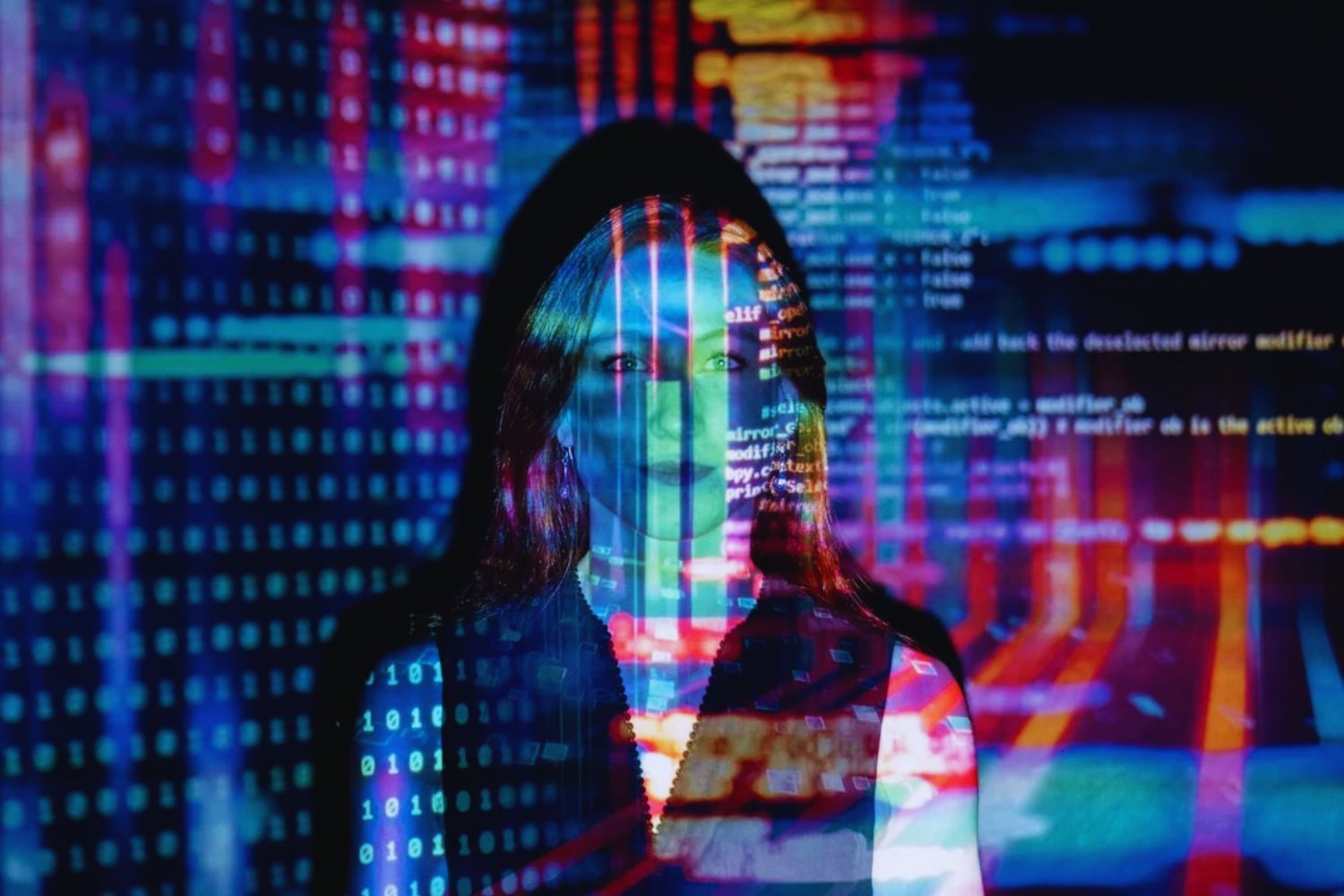Are we 6 years away from the great leap? Humanity approaches singularity, and language could be the key

Today, artificial intelligence experts claim that . But how do we measure something as abstract as the moment when machines equal – or surpass – our capabilities? A surprising clue has emerged from the world of automatic translation.
What is singularity and why should we care?

In simple terms, , technological singularity is the point at which artificial intelligence becomes more capable than the average human being, generating a paradigm shift as profound as it is unpredictable.
For years, . But more and more researchers are looking for practical ways to identify signals that we are approaching that threshold. One of them could be in an unexpected place: language.
Language as a thermometer of intelligence

, has put forward a fascinating hypothesis: when an AI is able to translate with the same precision as a human, we will be dangerously close to artificial general intelligence (AGI).
Why language? According to Marco Trombetti, CEO of Translated, Achieving human-like translation accuracy implies understanding context, cultural nuances, ambiguity, and emotions – something much more complex than playing chess or solving equations.
Since 2014, In 2015, that time was 3.5 seconds per word. Today it is 2 seconds. At the current rate, they predict that parity with humans will be achieved in six years or less.
An AI that translates like us… is intelligent?
This advancement poses an even deeper question: is it enough to translate well to speak of true intelligence?
The truth is that there is no consensus on what defines AGI. But everyone agrees that language is among the biggest challenges.
Revolution or exaggeration?

Even if we achieve “perfect” translations, that does not automatically mean that we have reached singularity. However, the constant and sustained evolution of AI performance in complex human tasks cannot be ignored.
from education to diplomacy. The cultural and social impact could be as profound as the technical one.
What if we are only seeing the beginning?
Singularity may not be here yet, but the direction is clear. If progress continues as it has, the next six years could redefine what it means to be intelligent… and what it means to be human. The future does not arrive all at once: it seeps in word by word, line by line, translation by translation.




